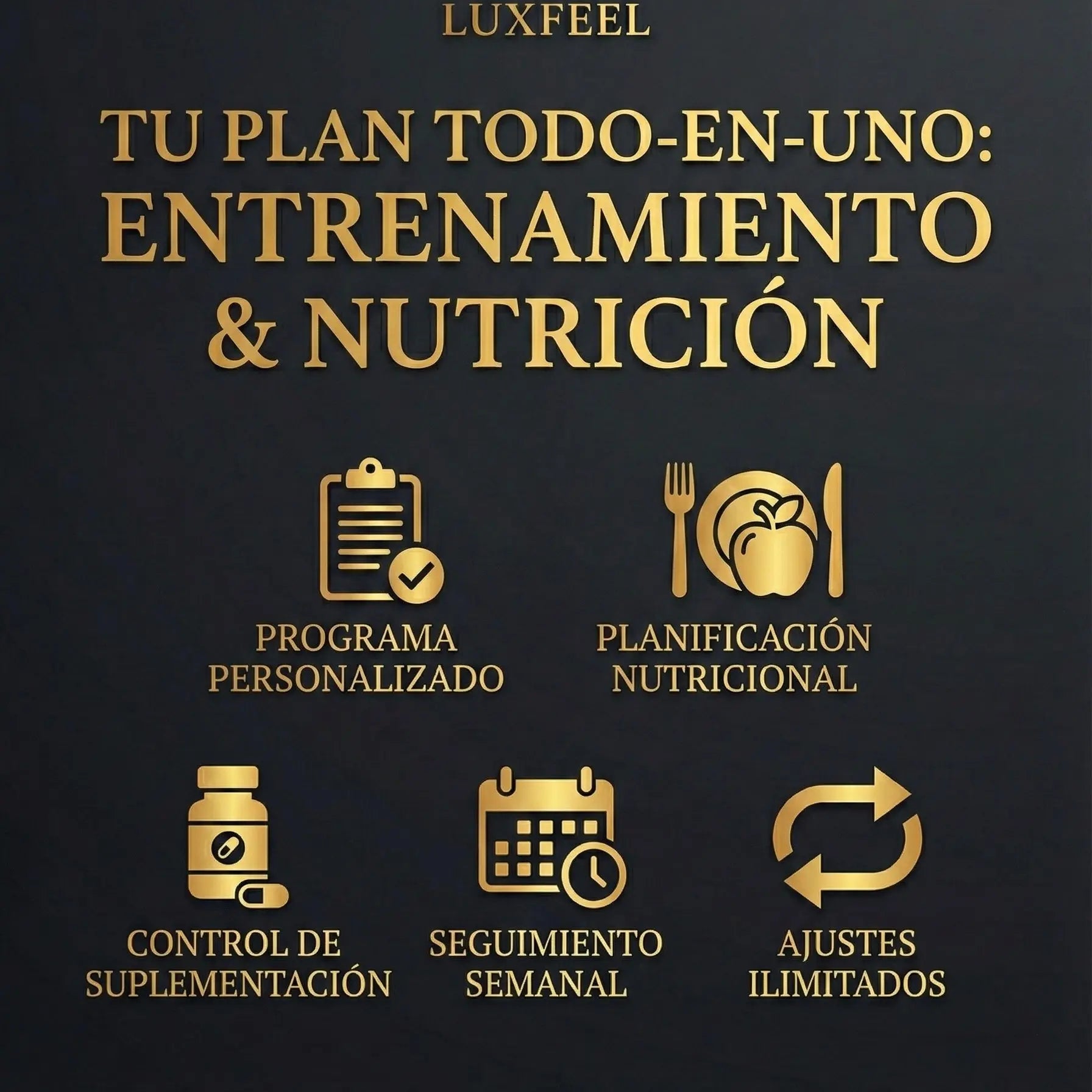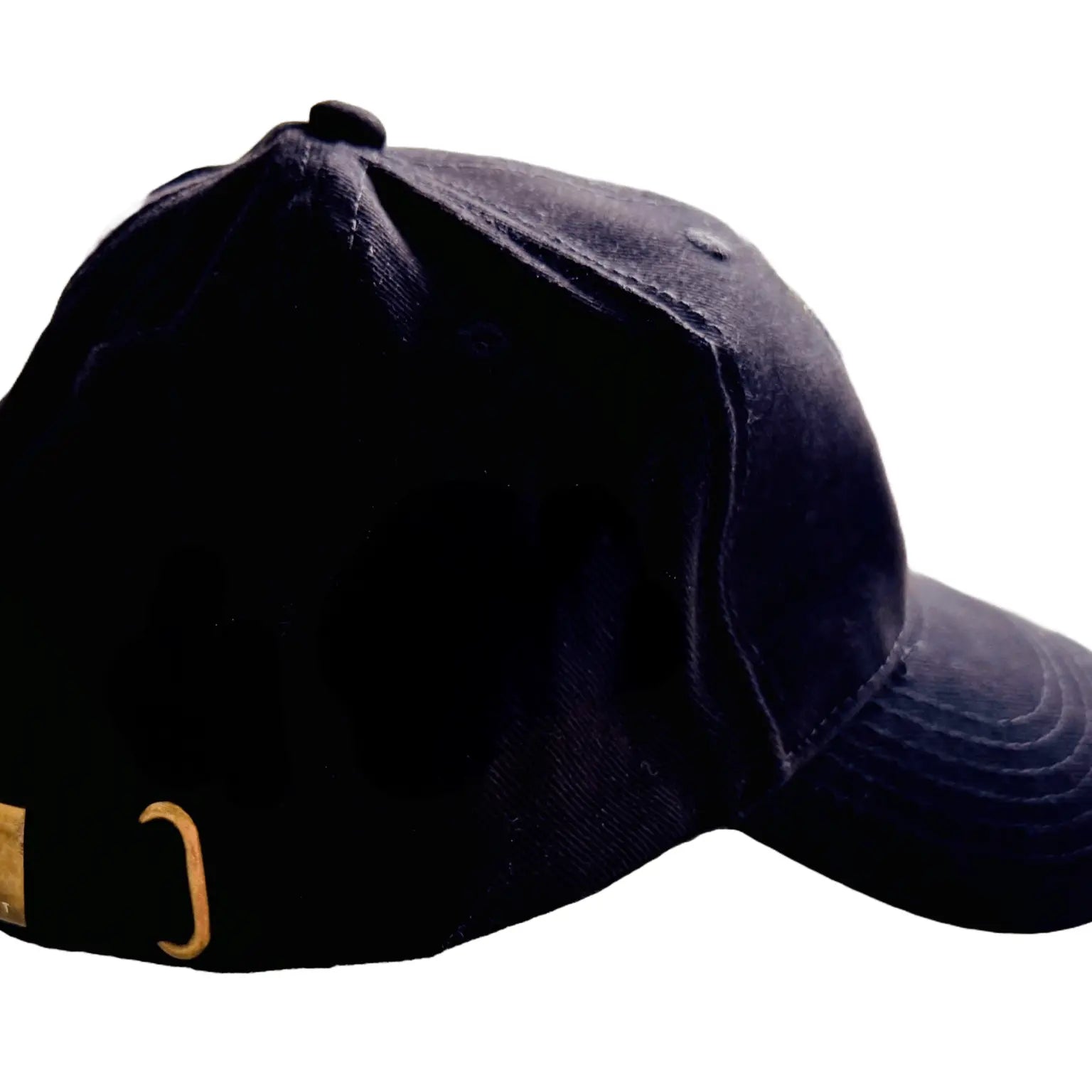Hello, all my science and health warriors! I'm your trusted blogger, and today we're going to delve into a topic that, let's be honest, affects many of us, especially women: fluid retention! That feeling of bloating, fluid retention, heaviness, and sometimes even a slight weight gain that makes us feel uncomfortable. But don't worry, you're not alone, and what's better, there's science behind it and solutions that work!
Fluid Retention: A Guided Tour of Our Body
Before we talk about solutions, let's understand why our bodies sometimes decide to "save" more water than they should. It's not a whim; there are compelling biological reasons!
- Hormones in Charge: Ah, hormones! Those tireless orchestrators of our menstrual cycle, pregnancy, and menopause. Changes in estrogen and progesterone levels are big culprits. For example, before menstruation, the increase in estrogen can lead to increased capillary permeability, making it easier for fluid to leak from blood vessels and accumulate in tissues.
- Stress, Our Silent Enemy: Cortisol, the stress hormone, not only makes us nervous, it can also contribute to fluid retention! Chronic stress can disrupt hormonal balance and kidney function, contributing to our body retaining sodium and, therefore, water.
- Heat Presses: Have you noticed how your ankles swell more in the summer? The heat dilates blood vessels, which can cause fluid to leak more easily into surrounding tissues, especially in the extremities.
- Gravity is Relentless: Spending a lot of time standing or sitting doesn't help. Gravity makes it difficult for blood and fluids to flow back from the legs to the heart, causing that feeling of heavy, swollen legs.
Combating Retention: Science-Based Strategies
Now that we know why it happens, what can we do about it? Science gives us the clues!
- Smart Hydration: It may sound counterintuitive, but drinking enough water is crucial. When we're dehydrated, our bodies go into "emergency mode" and tend to retain fluids. Drinking water helps your kidneys function properly and eliminate excess sodium. Opt for pure water, herbal teas, and avoid sugary drinks!
- Get Moving, Move That Body! Regular physical activity is one of the best tools against fluid retention. Movement helps pump fluids back into the circulatory and lymphatic systems. You don't have to run a marathon; brisk walking, swimming, yoga, or dancing are all great options. Even putting your legs up against a wall for a few minutes can do wonders!
- Anti-Bloating Diet:
- Less Salt, Less Retention: Sodium is the king of fluid retention. Cut down on processed foods, sausages, cured cheeses, and fast food. Choose to cook at home and season with herbs and spices.
- Potassium to the Rescue: Potassium is the counterpart of sodium and helps balance fluids in the body. Incorporate potassium-rich foods like bananas, avocados, spinach, potatoes (with skin), tomatoes, and citrus fruits.
- Natural Diuretic Foods: Nature offers us powerful allies. Pineapple, cucumber, celery, watermelon, asparagus, and parsley are known for their mild diuretic properties.
- Quality Rest: Getting enough sleep and managing stress are essential. A good night's sleep helps regulate hormones and keep your kidneys functioning optimally. Practice relaxation techniques like meditation or mindfulness to reduce cortisol levels.
Supplements and Natural Remedies: What Does the Science Say?
This is where science and popular wisdom meet, always with a critical eye to the evidence.
- Horsetail (Equisetum arvense) 4:1: Here we have it, a classic backed by science! Horsetail is a natural diuretic known for its high silica and flavonoid content. The 4:1 extract, like the one you mention, means it's a concentrated form, making it more potent. Studies have shown it's effective at increasing urine production without significantly altering electrolyte balance, unlike some pharmaceutical diuretics. It's an excellent option for those looking for natural and effective support.
- Dandelion (Taraxacum officinale): Another widely used diuretic herb. Dandelion not only helps eliminate excess fluid, but is also known for its benefits for the liver and for being a source of potassium, which is a plus for replenishing what might be lost through diuresis.
- Nettle (Urtica dioica): Traditionally used for its diuretic and anti-inflammatory properties. It helps the kidneys filter excess fluids and toxins.
- Magnesium: This mineral is a multitasker. Several studies suggest that magnesium supplementation can reduce fluid retention in women with premenstrual syndrome (PMS), in part due to its role in regulating electrolyte balance. Furthermore, many of us are magnesium deficient.
- Vitamin B6 (Pyridoxine): Some research has found that vitamin B6 may be helpful in relieving bloating and other PMS symptoms, including fluid retention, although the exact mechanisms are still being investigated.
- Horse Chestnut Extract (Aesculus hippocastanum): If your fluid retention is related to venous circulation problems, such as chronic venous insufficiency, horse chestnut can be of great help. Its active compounds, escins, strengthen blood vessel walls and reduce fluid leakage.
An Important Note: While these supplements can be very effective, it's crucial to remember that the "dose" is key, as is the purity of the supplement. Always consult a healthcare professional before starting any supplement, especially if you have preexisting medical conditions or are taking other medications. Self-medication can be dangerous.
Conclusion: Empowered by Science
Fluid retention is a common discomfort, but it's not something we have to passively endure. Understanding its causes, adopting healthy lifestyle habits, and, when necessary, relying on science-backed natural supplements allows us to take control. Remember, small changes in your routine can make a big difference in how you feel. So get hydrated, get moving, and choose wisely, warriors! Your well-being is in your hands (and in science, of course).
See you in the next post with more science and health for everyone!























